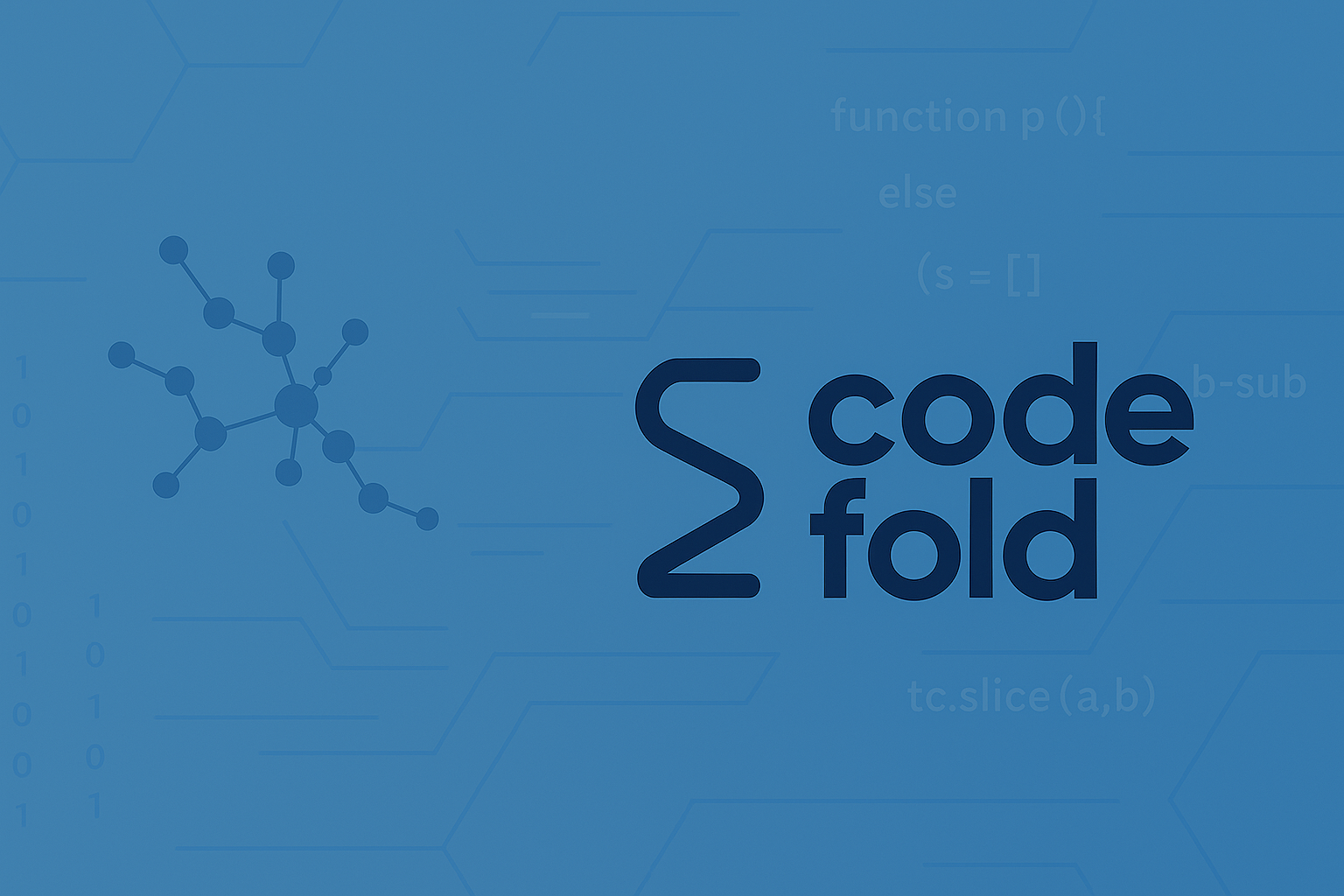
From Sequence to Structure and Beyond
At code2fold, we bring together deep scientific expertise and advanced computational tools to deliver meaningful insights into protein structure and function. Our goal is not just to analyze data—but to elevate research.
We work with researchers, biotech innovators, and students to translate raw molecular data into impactful discoveries. From custom simulations to hands-on education, we tailor every solution to your scientific needs.
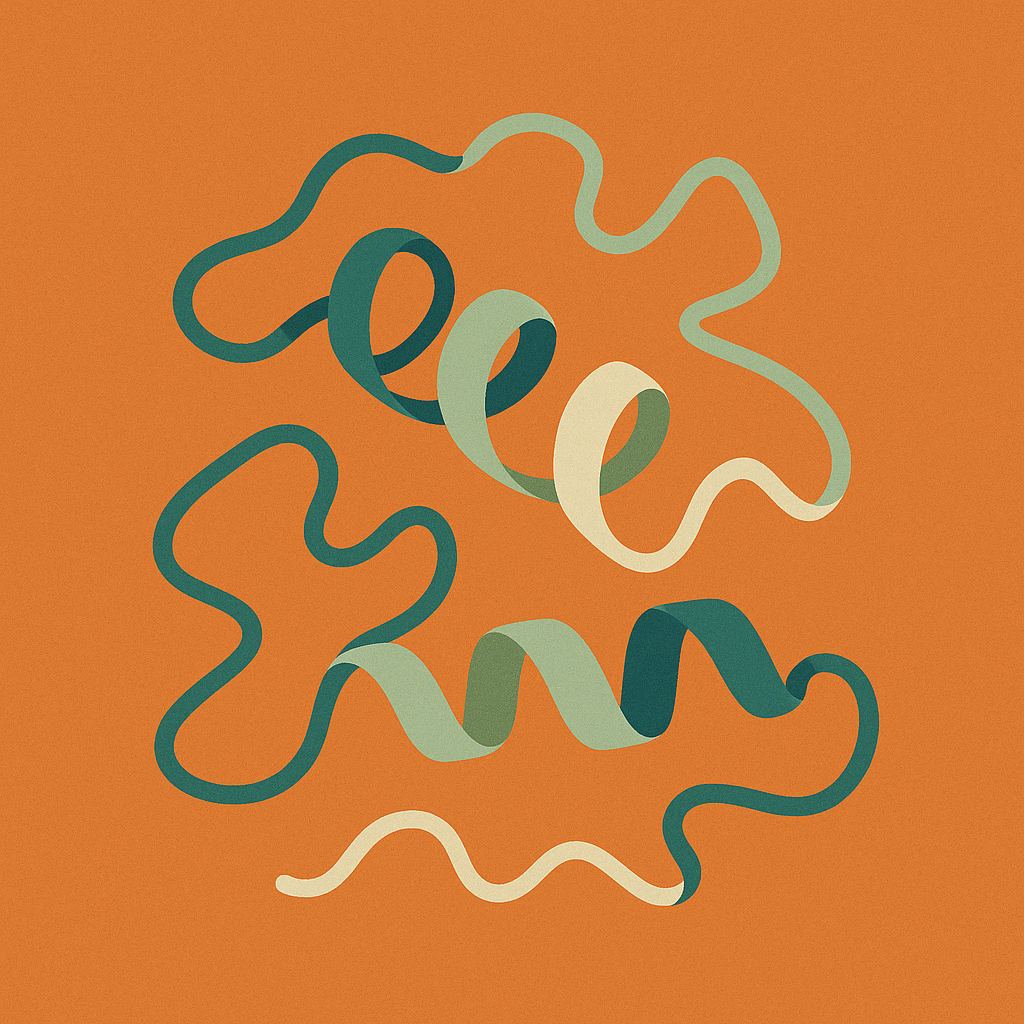
Structural Bioinformatics Services
We offer advanced computational tools to explore biomolecular behavior, supporting research in molecular biology, biotechnology, and drug discovery.

Molecular Dynamics Simulations
Performing simulations at multiple nanosecond scales to observe time-dependent conformational changes in biomolecular structures. Ideal for investigating flexibility, stability, and folding behavior.

Hydrogen Bonding & Secondary Structure Analysis
Tracking intra- and inter-molecular hydrogen bonds, along with changes in α-helices and β-sheets, to interpret structural integrity and folding evolution.

RMSD Analysis
Root Mean Square Deviation analysis is used to quantify overall structural drift over the simulation time, providing insights into structural stability and equilibration.

RMSF Analysis
Root Mean Square Fluctuation analysis offers residue-level flexibility profiling, highlighting mobile or rigid regions essential for functional interpretation.

Structure-Based Mutational Analysis
Post-site-directed mutagenesis (SDM) simulations assess structural changes following alanine scanning or phosphomimetic mutations, enabling evaluation of mutation impact on protein stability.

PCA & Dynamic Cross-Correlation Matrix (DCCM)
Advanced analyses like Principal Component Analysis (PCA) and DCCM are performed to uncover large-scale motions and correlated residue fluctuations.

Radius of Gyration
A compactness analysis of protein folding state over time. Crucial for understanding unfolding/refolding behavior and domain compaction during simulation.

Solvent Accessible Surface Area (SASA)
Quantifies exposure of the biomolecule’s surface to solvent. Used to evaluate hydrophobic core integrity, binding site dynamics, and mutation-induced surface changes.
What We’re Sharing
Our latest insights, analyses, and moments from the world of code2fold.
-

Biyoenformatik Öğrenme Haritası
Veriyi anlayan bilim insanı fark yaratır. Biyoenformatik, modern biyolojinin en hızlı büyüyen alanlarından biri. Genetik dizilerden protein yapılarına, RNA ekspresyonundan moleküler simülasyonlara kadar her şey,…
-
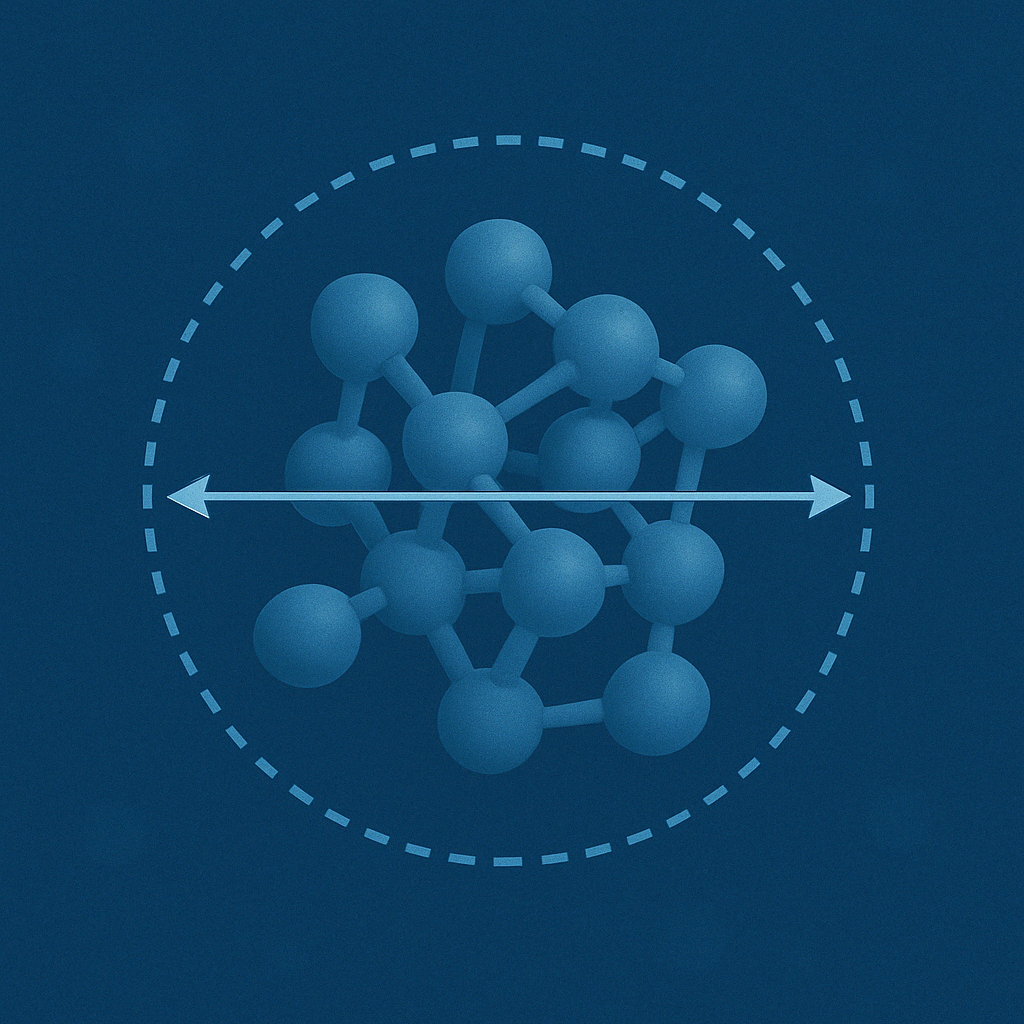
Radius of Gyration (Rg)
Radius of Gyration (Rg) Quantifying Compactness in Molecular Space How tightly does your protein fold?Does it collapse into a stable core or stretch into a…
-

Solvent Accessible Surface Area (SASA)
Solvent Accessible Surface Area (SASA) Profiling the Protein–Solvent Interface for Insightful Design Proteins don’t function in isolation — they operate in a dynamic aqueous environment.Understanding…
-
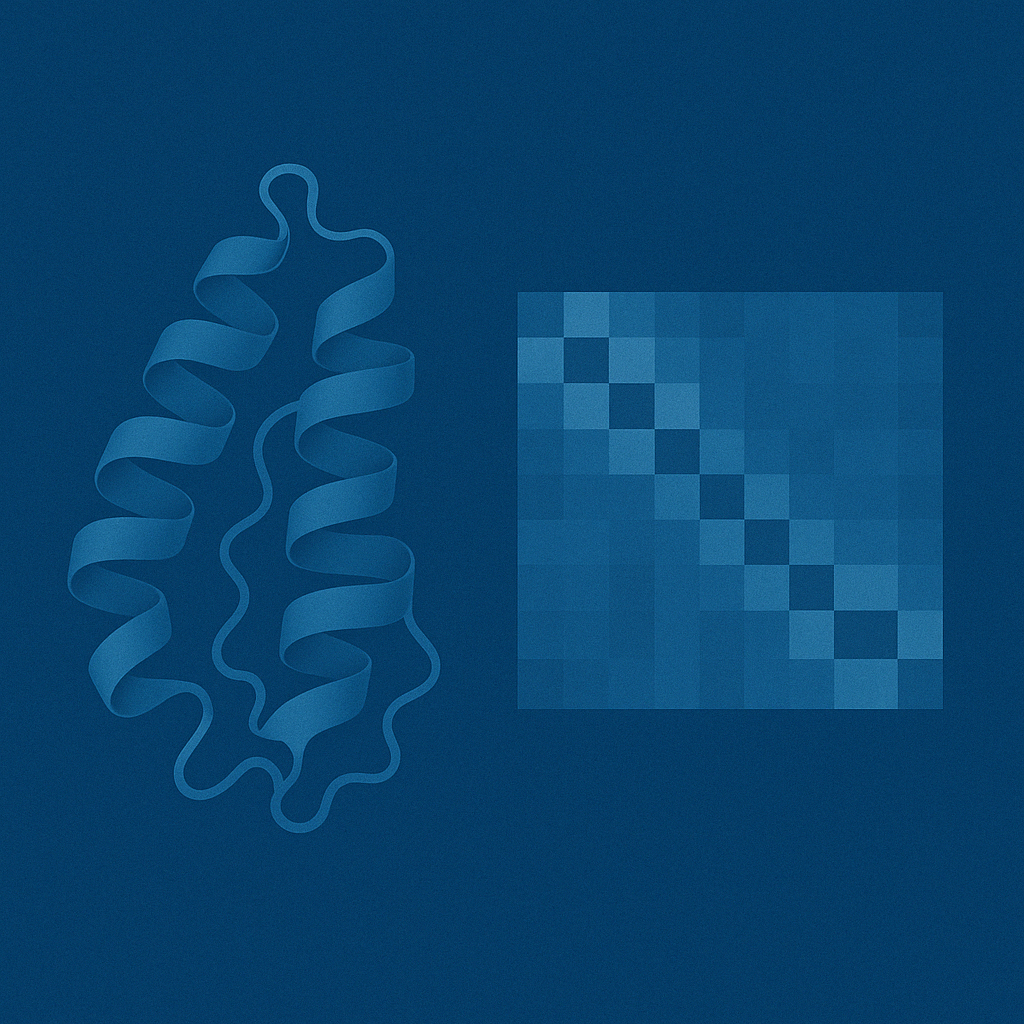
PCA & DCCM Analysis
PCA & DCCM Analysis Revealing the Hidden Language of Molecular Motion Proteins are not rigid entities — they breathe, twist, shift, and communicate internally through…
-
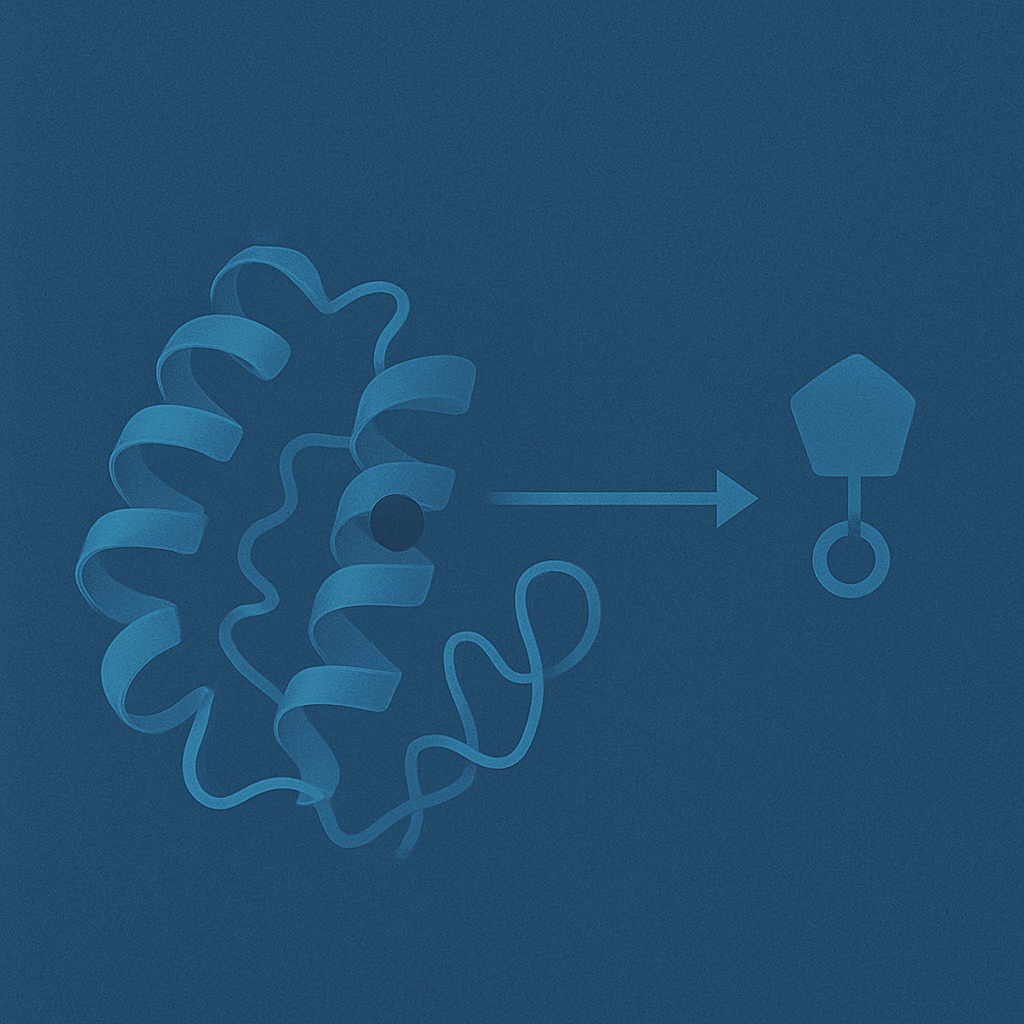
Structure-Based Mutational Analysis
Structure-Based Mutational Analysis Predicting the Impact of Mutations Before They Happen Not all mutations are created equal.Some subtly alter local flexibility, while others collapse entire…
-
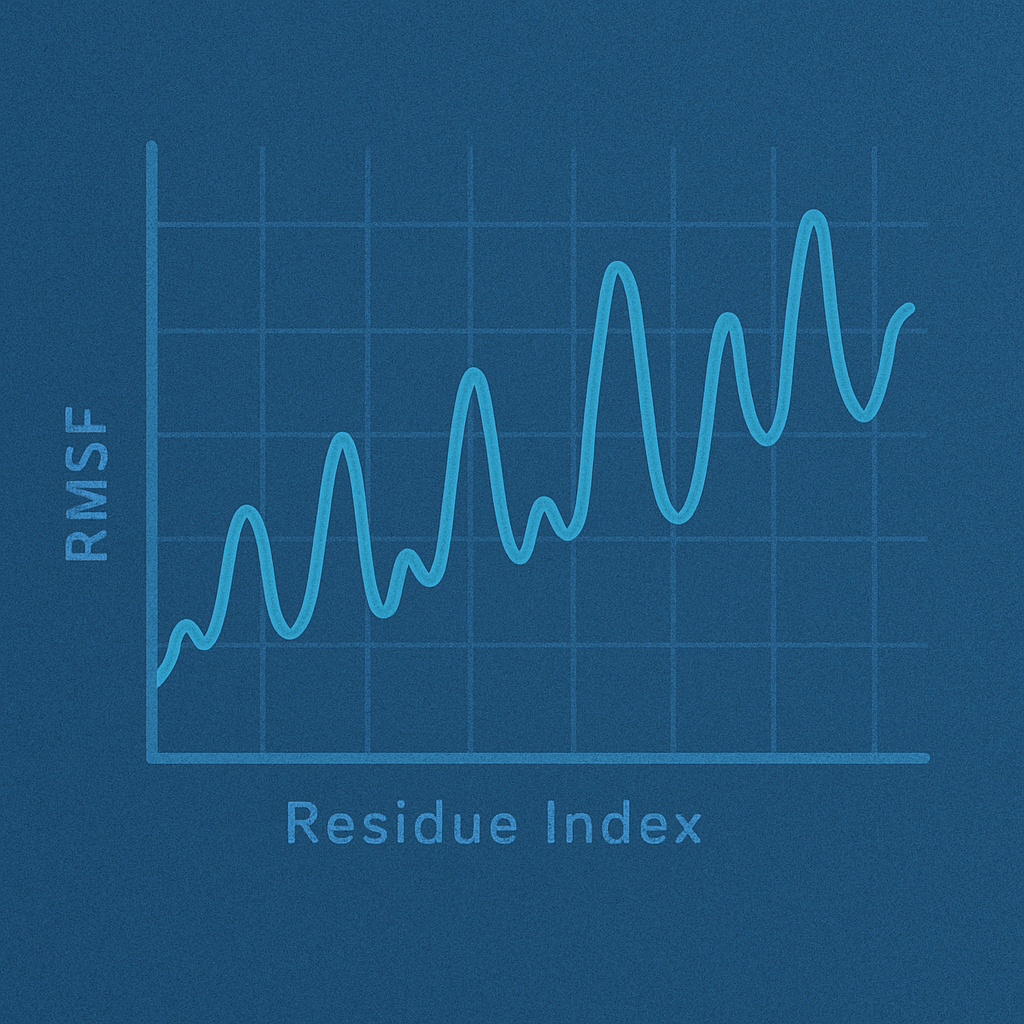
RMSF Analysis: Zooming Into Molecular Flexibility
RMSF Analysis: Zooming Into Molecular Flexibility Understanding Proteins One Residue at a Time In structural bioinformatics, it’s not just about whether a protein moves —…
-

RMSD Analysis: Tracking Molecular Stability with Precision
RMSD Analysis: Tracking Molecular Stability with Precision Quantifying the Journey from Structure to Stability In the dynamic world of molecular simulations, structural fluctuations are inevitable…
-
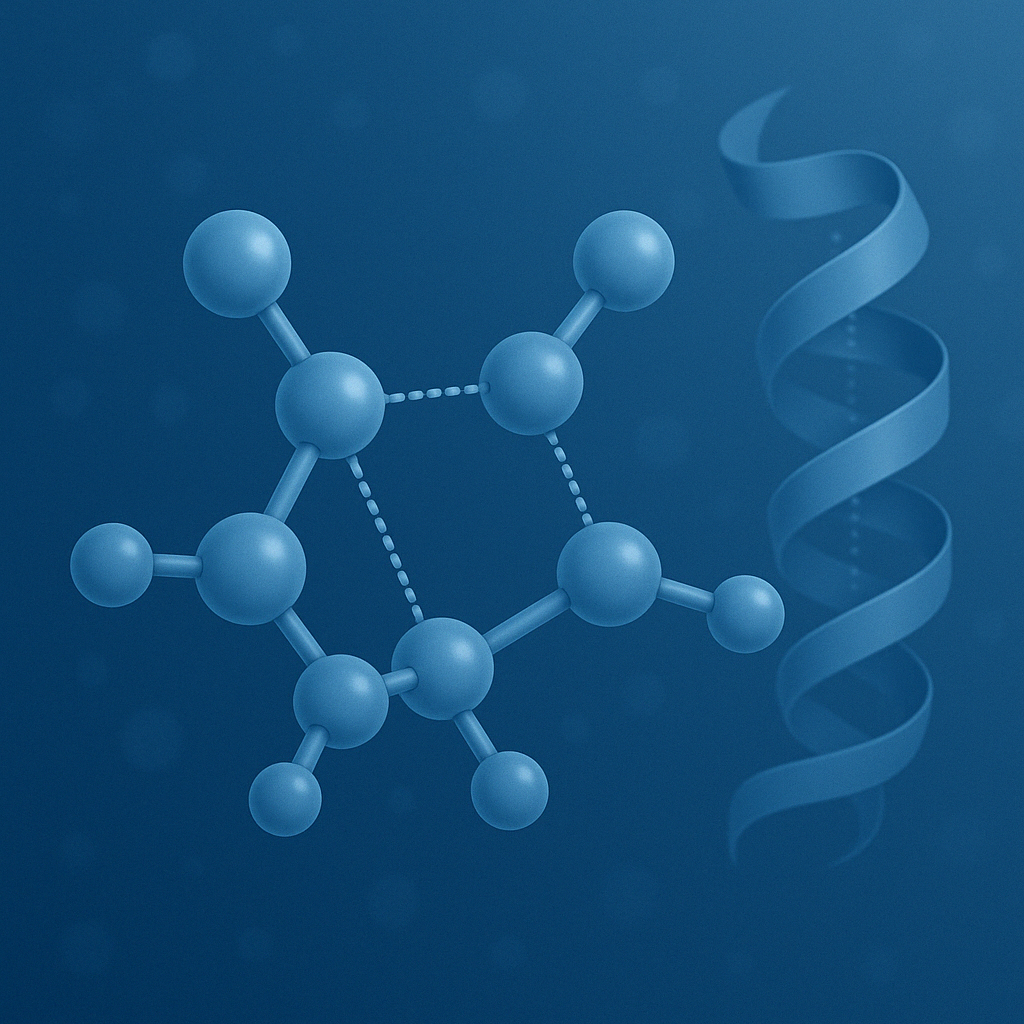
Hydrogen Bonding & Secondary Structure Analysis
Hydrogen Bonding & Secondary Structure Analysis Decoding Stability and Function at the Atomic Level In the world of structural biology, hydrogen bonds are more than…
-
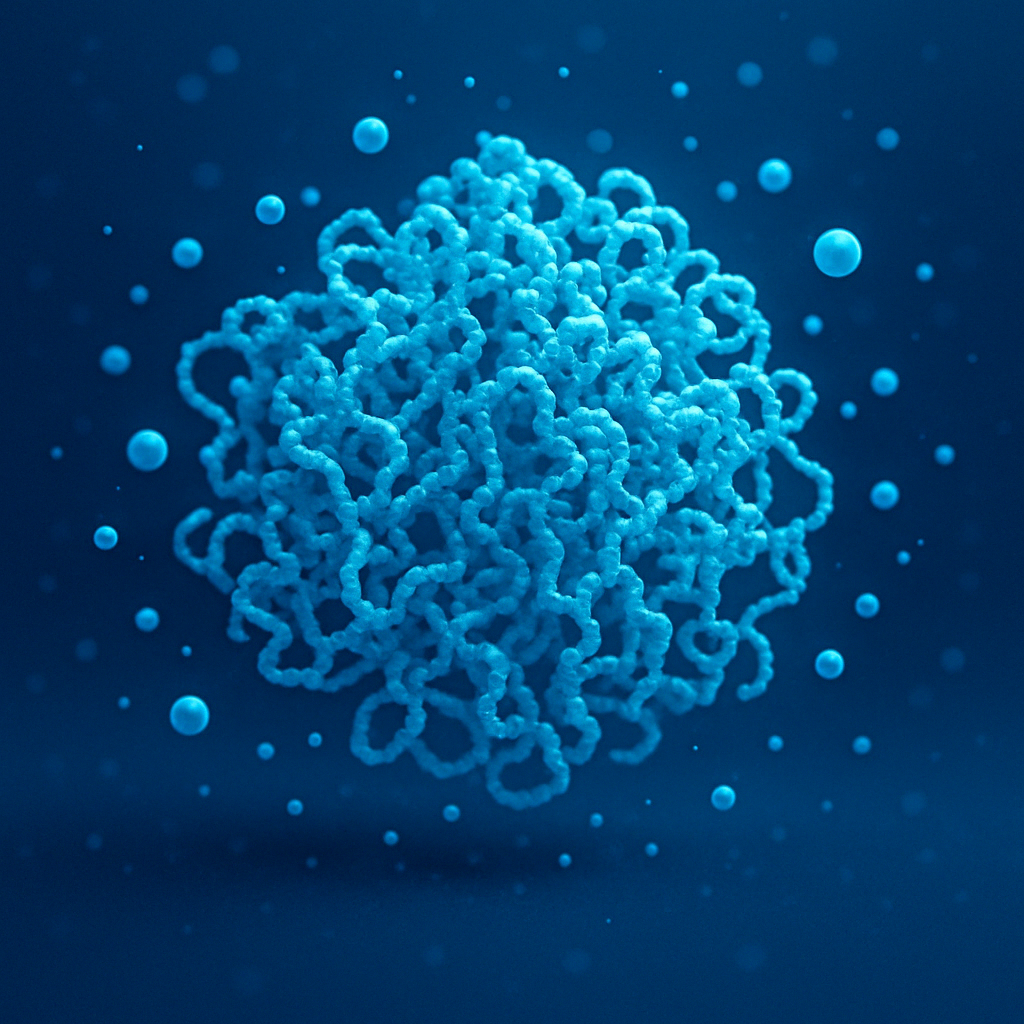
Molecular Dynamics Simulations: The Invisible Force Behind Modern Biology
In today’s fast-evolving landscape of molecular biology, Molecular Dynamics (MD) simulations have become an indispensable tool — not just for theoretical insights, but also for…
-

Why We Built code2fold: Our Story, Our Mission
code2fold: A New Generation in Structural Bioinformatics code2fold is a pioneering initiative in Turkey, focused on the intersection of structural biology, computational science, and molecular…
